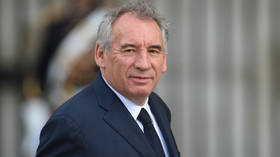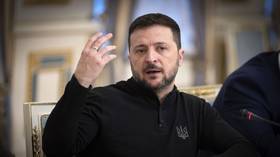U.S. starts talks with Iran
The United States has quietly changed its policy on Iran, and will hold face-to-face talks with officials for the first time in nearly 30 years. In an unprecedented move, the U.S. has sent its Under Secretary of State William Burns to Geneva this weekend.
It is the first time Washington has sent a senior envoy to the talks since the rupture of diplomatic relations in 1979.
The oil market has already perceived it as a chance for tension decrease.
The oil price movement is largely dependent on the results of the talks between major world powers, including Russia, and Iranian officials on the country's controversial nuclear programme.
Tehran is expected to give its response to a package of incentives it's been offered, to suspend uranium enrichment.
Some Western nations fear Iran's programme is aimed at making bombs, while Tehran says it's for generating electricity.
Russia's President Dmitry Medvedev has called on Iran to co-operate with the International Atomic Energy Agency – he says the issue must be solved through diplomatic means.
Meanwhile, RT military analyst Evgeny Khrushchev says U.S. official’s participation in the talks is a stick-and-carrot incentive on the Bush Administration’s part.












